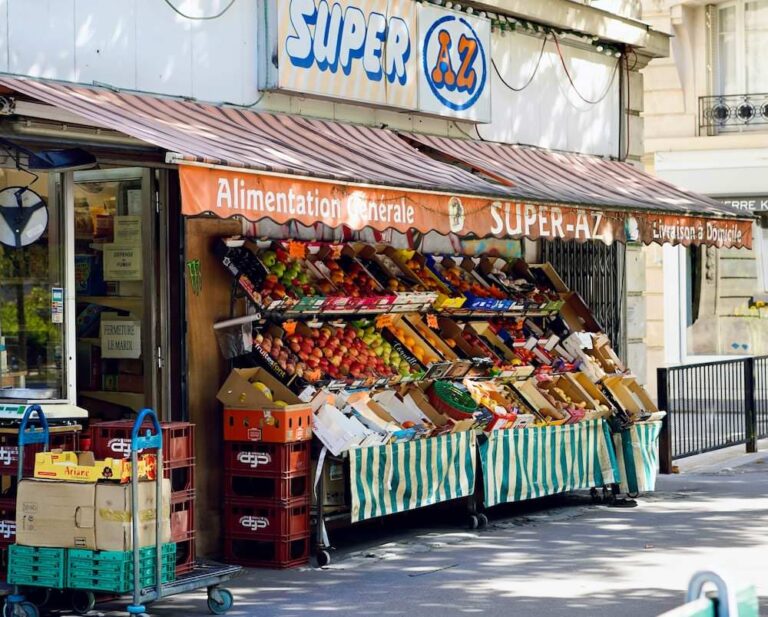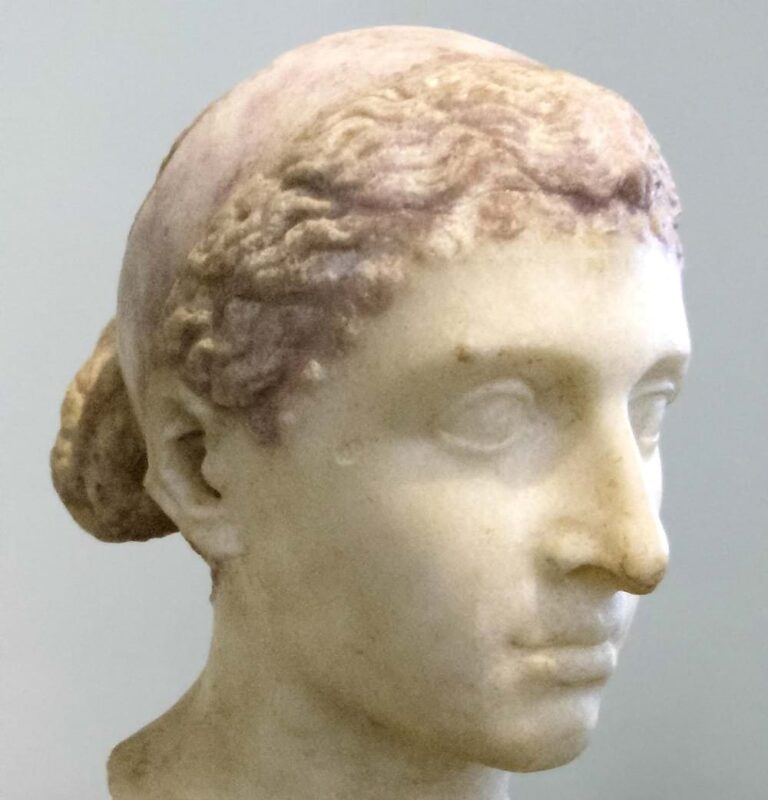le passé récent
The passé récent, or recent past, is a verb construction used to describe an action that happened a short time before the moment of speaking. It is the equivalent of the english structure “just did something” or “has just done something.” It is a common and useful alternative to the passé composé for emphasizing the…









